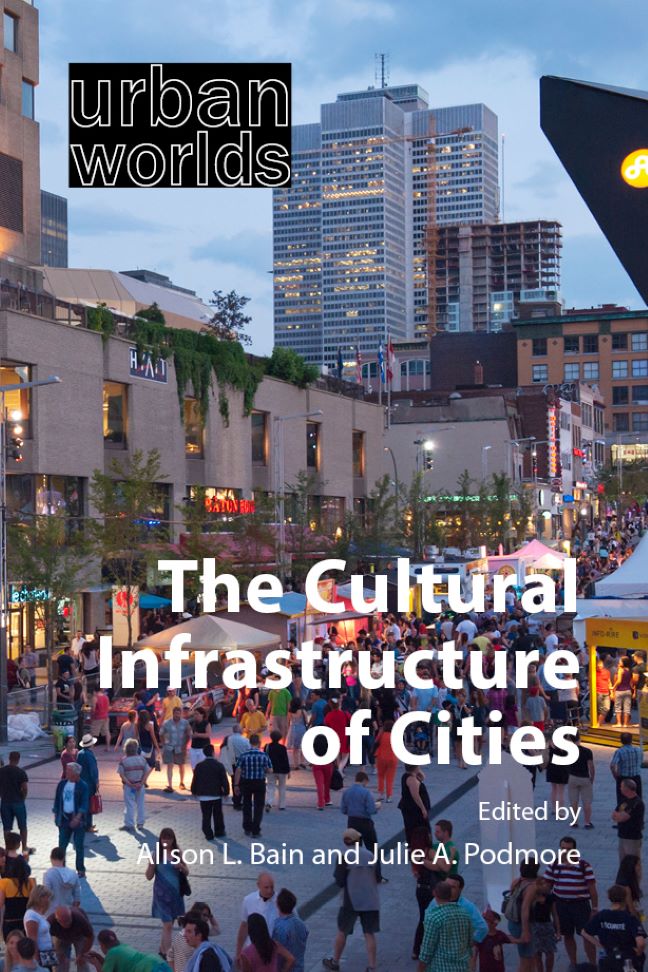15 - Queer counter-topographies: LGBTQ+ community-based archives as urban cultural infrastructure
Published online by Cambridge University Press: 23 January 2024
Summary
INTRODUCTION
An archive is understood to be a repository of historical artefacts, a place to which objects, images and documents from the past are consigned in anticipation of the collective will to remember (Appadurai 2003). In contrast with modernist state archives (the Archive), community-based archives are collections of materials that originate from, are collected by, and preserved for a “grassroots” community of interest to document and maintain control over community heritage (Caswell 2014). Since the rise of the LGBTQ+ social movement in urban North American and Europe in the 1960s, activists have been generating and collecting the materials that provide the basis for their own community-based counter-archives (Sheffield 2020). LGBTQ+ community-based archives are sites where “evidence of non-normative sexualities and gender non-conformity has been preserved”, repositories of queer knowledge that can potentially challenge “heteronormative and homocentric ways of being and knowing” (Sheffield 2020: 11). Such “activist archives” provide an infrastructure to “forge new relationships between parallel histories, reshape and reinterpret dominant narratives, and challenge conceptions of the archive itself” (Sellie et al. 2015: 454). Binding together material, digital and imagined spaces, these sites of “memory-in-action” provide community support networks, capacity building and skill-sharing both through their references to the past and practices in the present (Sizemore-Barber 2017: 127).
This chapter reflects on such sites of “memory-in-action” as urban cultural infrastructure. While LGBTQ+ community-based archival collections are geographically variable, due to the historic metropolitan materialities of their communities, their informational and physical infrastructure is primarily urban. Unlike the “hard”, large, official and durable urban infrastructure that underpins modernity and materially manifests biopolitical social norms (Gandy 2011), the infrastructure of LGBTQ+ community-based counter-archiving is oppositional, relational and place-based having been co-constructed and maintained through soft networks of people (Amin 2014). As social movement archives, their collections – or information infrastructure (McKinney 2020) – provide some of the only documentation of the queer “city-as-archive” (Rao 2009). Thus, they are intimately bound to the project of tracing local “queer infrastructure” described by Campkin (2021: 82) as the “dispersed, interconnected, heterogeneous” LGBTQ+ urban community spaces that traverse time through memory and stretch across metropolitan areas.
- Type
- Chapter
- Information
- The Cultural Infrastructure of Cities , pp. 229 - 242Publisher: Agenda PublishingPrint publication year: 2023

